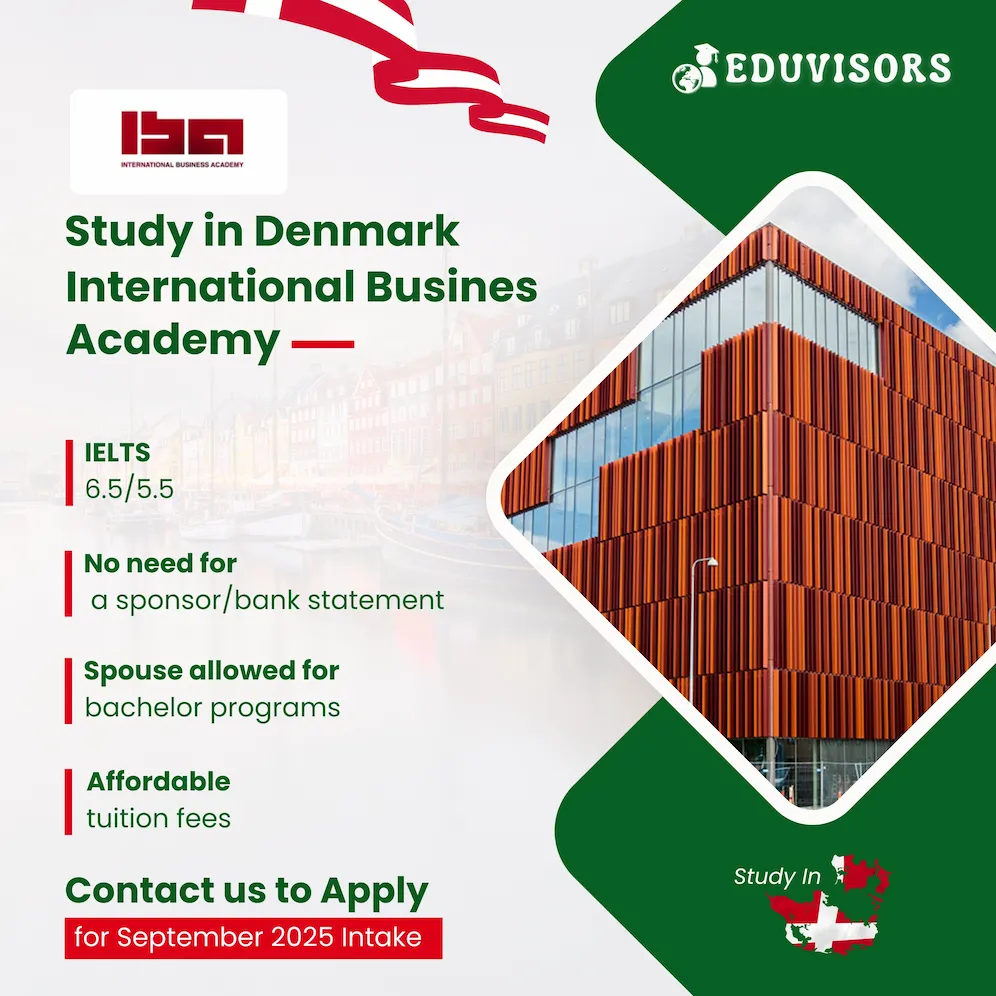Career opportunities for post graduation students are expanding rapidly across multiple industries due to advanced skill development and specialized academic knowledge. After completing post graduation, students can explore high-paying jobs, professional certifications, research opportunities, entrepreneurship, or further studies depending on their career goals. This guide highlights the best career paths and job options available for post graduation students.
Career Opportunities for Post Graduation Students in the Corporate Sector
Post graduation students can pursue roles such as management trainee, business analyst, consultant, project manager, and senior executive positions in multinational and local companies.
Values of a Master’s Degree in the Job Market:
Here are some general advantages associated with earning a Master’s degree:
- Expertise: Master’s degree programs frequently provide specialized expertise in a particular area. In fields that demand a high degree of skill and knowledge, this expertise can help you become more valuable and competitive.
- Career Advancement: It provides access to leadership positions, more responsibility, and higher-level positions within a business or organization.
- Greater Earning Potential: People with Master’s degrees typically make more money than those with just bachelor’s degrees.
- Networking Opportunities: Graduate programs allow students to contact instructors, business leaders, and other students.
- Analytical and Research Skills: A lot of Master’s programs place a strong emphasis on analytical and research skills. These are highly adaptable skills that can be useful in various work environments.
- Specialization: A master’s degree can help you transition into a new career or focus on a particular aspect of your current field. It lets you acquire the abilities and information required for a new position.
- Professional Development: Master’s programs often include practical experiences, internships, or projects contributing to skilled development. This hands-on experience can be beneficial when entering the job market.
- Credentialing and Licensing: In certain professions, a Master’s degree is required for obtaining specific credentials or licenses. For example, many healthcare, counseling, and education roles may necessitate a Master’s degree for licensure.

Seven Insights into Careers for Post-Graduation Students:
The career options for post-graduation students are diverse and depend on the field of study and the level of education achieved. To improve their employability, postgraduate students should take advantage of networking, professional development, and internship opportunities in school.
A smooth transition into the workforce will also be aided by continuing to learn new skills and stay up to date on industry trends. Below are insights into potential career paths for postgraduates across different disciplines:
1. Public Health Consultants:
Evaluate and manage public health concerns, create and carry out health initiatives, and offer professional advice to institutions or governmental bodies. Conduct studies, evaluate health information, make health policies, and provide guidance on methods for promoting health and preventing illness.
Expertise in epidemiology, data analysis, project management, communication, and partnership with policymakers and healthcare professionals is necessary.
2. School Counselor:
School counselors assist students with academic and personal growth by offering behavioral, social, and emotional therapy. To promote a happy and encouraging learning environment in the classroom, carry out assessments, make intervention plans, and work with parents and educators.
Skills include crisis intervention, interpersonal skills, counseling techniques, and academic and career pathways understanding.
3. Nurse Practitioner:
A nurse with advanced practice is qualified to diagnose, treat, and write prescriptions. Perform physical examinations, coordinate with other medical professionals, order and interpret diagnostic tests, and manage chronic illnesses. The skills include proficiency in analytical reasoning, effective communication, and patient education.
4. Human Resources Senior Officer:
To ensure compliance with labor laws, oversee HR functions such as hiring, employee relations, benefits administration, and policy development: HR policy and procedure implementation, talent management, strategic workforce planning, and dispute resolution.
The ideal candidate should possess expertise in HR strategy, employee relations, leadership, talent acquisition, and employment laws.
5. Financial Manager:
Oversee an organization’s financial operations, create budgets, track financial results, and offer strategic financial advice to meet organizational goals: risk management, financial reporting, financial planning, and adherence to accounting standards. I understand financial regulations, budgeting, strategic planning, and financial analysis.
6. Public Relations Manager:
Manage communication with the public, stakeholders, and media while cultivating and upholding an organization’s positive public image. Media relations, crisis management, strategic communication planning, and managing the production of press releases and promotional materials are among the responsibilities—interaction with the media, crisis management, media relations, and strategic planning.
7. Marketing Specialist:
Create marketing plans to advertise goods and services, assess industry trends, and interact with target markets. The responsibilities include campaign creation, digital marketing, market research, and coordination with creative teams—proficiency in Marketing strategy, data analysis, creativity, digital marketing, and strong communication skills.
How Master’s Degrees Enhance Employment Prospects
A Master’s degree enhances employment prospects in several ways, contributing to increased job opportunities, high earning potential, and career advancement:
Expand Employment Prospects
Graduates of Master’s programs are highly qualified for positions requiring advanced skills and expertise because they have access to in-depth, specialized knowledge in a particular field.
Employers frequently look for candidates with advanced degrees for leadership or specialized roles, which increases the pool of employment options for holders of Master’s degrees.
A Master’s degree can help candidates stand out from those with a Bachelor’s degree in competitive job markets, which will appeal to employers.
High Prospect for Earnings
People with Master’s degrees typically make more money than those with just bachelor’s degrees. Higher education is frequently linked to more excellent value in the job market, which results in higher compensation levels. People with Master’s degrees are often qualified for positions with higher salary potential, particularly in fields like finance, technology, and healthcare that demand sophisticated training.
Promotion in Career
Possibilities for Leadership: Master’s degrees frequently foster the abilities needed for leadership positions. Graduates can progress in their careers by assuming executive and managerial roles for which they are well-prepared. Master’s programs help people prepare for higher-level responsibilities and challenges through advanced coursework, research, and practical experiences.
Master’s programs give graduates the chance to meet professionals, academics, and leaders in the industry. It can help them grow their professional network, which can help them advance in their careers.
Evaluating your Employment Goals In Line with Your Master’s Degree
Ensuring that your educational investment aligns with your career aspirations requires you to assess your employment goals for your Master’s degree. Here are some crucial things to remember:
Evaluate Your Interests
Consider your career objectives and whether your Master’s degree equips you with the knowledge and abilities, you need for your chosen field.
Assess Skill Acquisition
List the precise abilities and information you have gained from completing your Master’s degree. Consider how these meet the needs of the industry or the job you want.
Remain Up to Date
Make sure the knowledge you have gained from your Master’s degree is current and applicable to the demands of the labor market.
Use Networks
Take advantage of the Master’s program’s networking opportunities. Connect with academics, professionals, and former students in your area of interest.
Evaluate Practical Exposure
Consider any projects, internships, or hands-on learning opportunities you completed for your Master’s degree.
Examine Trends in the Job Market
Determine whether there are plenty of job opportunities and whether the industries in which your degree is aligned are growing.
Make a Growth Plan
Think about how your Master’s degree will help you advance professionally in the future. Consider whether it creates additional training, certifications, or skill development opportunities that fit your desired workplace path.
Examine Adaptability
Determine the degree to which you can adjust to changes in the employment market with your Master’s degree. Consider if it gives you skills you can use in various professional settings.
Why Employers Prefer Candidates With Master’s Degrees
Employers frequently favor applicants with Master’s degrees; these preferences can differ between industries and job roles. The following common elements influence the preference for candidates holding Master’s degrees:
- Master’s degrees offer in-depth knowledge and field-specific specialization. Companies appreciate the advanced knowledge candidates with Master’s degrees can offer.
- Those with Master’s degrees often have highly developed analytical, critical thinking, and problem-solving abilities. They are frequently more capable of managing difficult jobs and participating in strategic decision-making.
- Critical evaluation, data analysis, and research are prioritized in many Master’s programs. Candidates who can use these abilities to obtain information, make wise decisions, and foster innovation within the company are highly valued by employers.
- The accomplishment of a Master’s program certifies a candidate’s capacity to take on and finish a demanding and demanding academic program. Employers interpret this as a sign of the applicant’s flexibility and ability to learn new things constantly.
- Leadership opportunities, group projects, and group work are joint in Master’s programs. Companies look for applicants with a track record of success managing projects, leading teams, and working well under pressure.
- Opportunities for networking with instructors, former students, and business professionals are frequently offered by bachelor’s or master’s programs. Employers highly value candidates who can use these relationships to advance the organization’s interests.
- Many Master’s degree programs emphasize using theoretical knowledge to solve practical issues. Candidates with real-world experience and the ability to apply their academic knowledge to real-world problems are highly valued by employers.
- Some industries and professions need specialized knowledge and skills, usually obtained through bachelor’s or master’s-level education. Candidates who meet these particular requirements might be given preference by employers for positions requiring a high degree of expertise.
Top-Paying Careers for Post-Graduation Students:
- Clinical Psychologist: Mental Health Experts Clinical psychologists are highly trained professionals specializing in diagnosing and treating various psychological disorders. They work closely with individuals, using therapy and counseling techniques to improve mental well-being. Post-graduation students pursuing this career path undergo extensive clinical training, gaining expertise in understanding human behavior, emotions, and mental health issues to offer effective interventions and support.
- IT Manager: Technological Problem-Solvers IT Managers oversee organizations’ technological infrastructure and operations. Post-graduation students entering this field possess a strong foundation in information technology, often with advanced degrees or certifications. They lead teams, manage projects, and ensure the smooth functioning of computer systems, networks, and software. These professionals are problem-solvers adept at troubleshooting technical issues and implementing innovative solutions to enhance efficiency and security.
- Economist: Analyzing Economic Trends Economists specialize in analyzing economic data, trends, and policies to understand how markets function. Post-graduation students in this field typically have strong analytical and mathematical skills. They conduct research, interpret data, and provide insights into economic aspects, such as employment rates, inflation, and fiscal policies. Economists work in diverse sectors, including government, academia, finance, and consultancy, influencing critical decisions based on their analyses.
Conclusion
Gaining experience after graduation significantly increases earning potential and provides access to high-paying jobs. Clinical psychologists’ advanced training and specialization lead to profitable prospects in delivering mental health services.
IT managers can lead technology departments and earn competitive salaries in the quickly changing tech industry by obtaining Bachelor’s or master’s degrees in relevant fields. Advanced degree holders in economics significantly influence financial plans, research, and economic policies, which translates into high earning potential.
In conclusion, going back to school for a graduation and post-graduation degree in these areas not only broadens one’s knowledge but also puts one in a position to pursue fulfilling jobs with good pay.
However, academic credentials are not the only factors determining success; ongoing education, real-world experience, and keeping up with market trends are all crucial for long-term professional development.

















